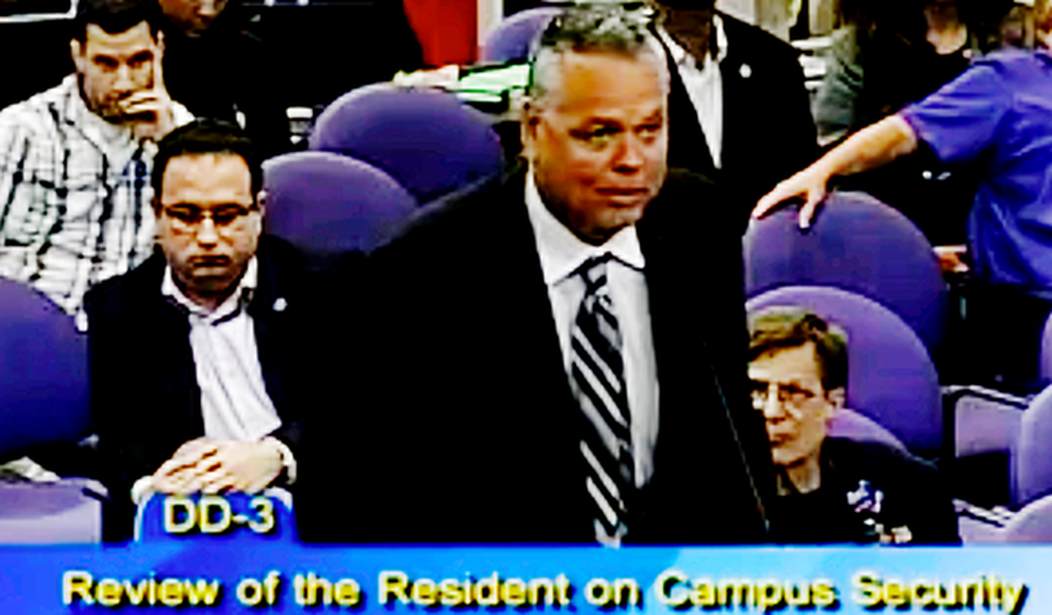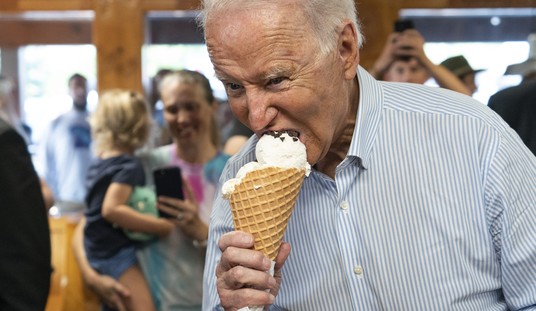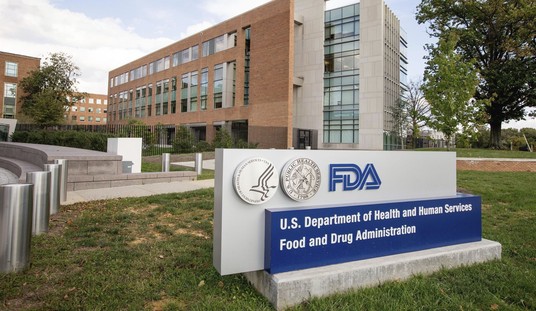We all remember hearing the horrifying news about Parkland, Florida, where high school students were slaughtered at the hands of a madman. Seventeen people were killed, making it the deadliest U.S. high school shooting.
A profile of the gunman soon circulated—likely a fellow student, we learned. Then we were told his name and learned what he looked like. Then we saw the video of Marjory Stoneman Douglas’ school resource officer Scot Peterson. While the gunman (I won’t use his name) was shooting down students and staff, Peterson lingered outside. Minutes passed and the “officer,” the man charged with protecting the very people who were dying inside, did nothing to help.
America was outraged at the Parkland massacre, and that outrage then focused on Peterson’s lack of courage. He quickly retired to save his pension and was labeled a coward. Peterson was retroactively fired by the Sheriff’s office. With scalps still to be had, Peterson was criminally charged with seven felonies.
Mr. Peterson was on trial, charged with those counts of child neglect. He also faced three misdemeanor counts of culpable negligence, for the deaths of an 18-year-old student and a teacher.
There were layers to the arguments, for both the State and Peterson’s attorney Mark Eiglarsh. From the New York Times:
Mark Eiglarsh told jurors, pointing to other witnesses who testified they could not narrow down where the deadly shots originated. The trial included testimony from former students, staff and members of law enforcement who supported the ex-deputy’s claim it was difficult to hear where the gunfire was coming from.
Two dozen witnesses came in here one by one and told you they couldn’t tell from the sounds precisely what area we’re talking about,” Eiglarsh said in his closing argument Monday. And even if Peterson had known where the shooter was, speculation he could have made a difference is false, Eiglarsh argued.
I was told early in my legal career that “jury instructions are your friend.” If you formulate and draft your instructions properly, you have a better chance of a not-guilty verdict. I don’t know what Mr. Eiglarsh wrote for instructions or ultimately what the jury saw, but in my estimation, the case was over-charged. The child neglect felony charges didn’t seem suited to the facts.
Yes, in my estimation Mr. Peterson acted cowardly, and should have been fired and scorned for his failure to do anything—but that doesn’t mean that he was, pursuant to a criminal statute, criminally liable for child neglect. The jury might have been more inclined to bring back a guilty verdict on the criminal negligence counts, because juries often decide that they are “in for the ride.” Once they weren’t convinced of the felony charges, they likely decided that the state hadn’t proved his guilt of anything.
There is also the issue of what cops are required to do. As much as it pains most of us, cops are not required to be brave or to put themselves in harm’s way. Although that sounds counterintuitive, that’s the nature of the law. In Warren v District of Columbia, a civil suit, the court held that cops have no special duty to protect you, me, or anyone. There is no “duty of care” owed to the general public.
Where does that leave Peterson? A free man. A coward, in my estimation, but I don’t think he was criminally liable – and certainly not based on the statute. He had a moral duty, but not a legal one.
Ironically, Peterson said after the verdict that he “got his life back.” There are 17 people in Parkland who will never get that chance.













Join the conversation as a VIP Member